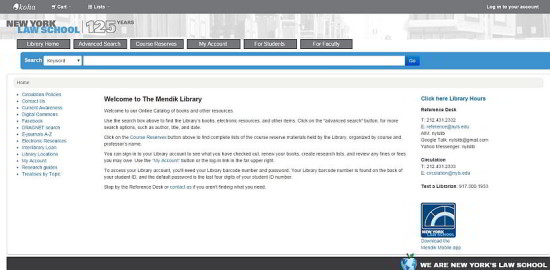On Oct. 26, 2001, President George W. Bush signed the USA PATRIOT Act, giving authorities unprecedented ability to search, seize, detain or eavesdrop in their pursuit of possible terrorists.
If you’re interested in more details, read this excerpt from Professor Michael Roffer’s new book, The Law Book: From Hammurabi to the International Criminal Court, 250 Milestones in the History of Law
On September 11, 2001, four passenger planes hijacked by al-Qaeda terrorists crashed into the World Trade Center towers, the Pentagon, and a field near Shanksville, Pennsylvania, killing a total of 2,977 victims. In the wake of that horrific tragedy, Congress passed the Uniting and Strengthening America by Providing Appropriate Tools Required to Intercept and Obstruct Terrorism (USA PATRIOT) Act. For years it has polarized a nation struggling with concerns for security on the one hand and threats to privacy on the other.
Once described as “perhaps the longest, broadest, most sweeping piece of legislation in American history,” the USA PATRIOT Act reflected unified congressional
effort to combat terrorism by enhancing law enforcement agencies’ surveillance and investigative powers. Congress passed it with overwhelming support: 357–66 in the House and 98–1 in the Senate, but critics have challenged the unorthodox nature of its passage. It had little federal agency review, no public hearings, no committee markup, no Conference Committee Report, little floor debate, and almost no time for review of the final bill before Congress voted, imparting a legacy of controversy to the legislation.
Two of the Act’s core and most controversial provisions gave law enforcement agencies additional powers to monitor and intercept electronic communications that might relate to terrorist activities. This provision enhanced powers long available under the Foreign Intelligence Surveillance Act and the Electronic Communications Privacy Act. The new act permits electronic surveillance where a “significant purpose”—as opposed to the sole or primary purpose—is to gather foreign intelligence. Second, it permits “roving”surveillance of individuals, not limited to a single telephone or computer.
So as not to grant law enforcement officials a perpetual license to spy on whomever they wanted, the Act also included a four-year sunset stipulation. In 2005, Congress enacted the USA PATRIOT Improvement and Reauthorization Act, which made permanent most of the expiring provisions of the original act and adopted a new sunset date for the two most controversial sections. At time of press, the current expiration date for those sections was June 1, 2015. The debate over the Act is sure to persist as the nation continues to negotiate a balance between civil liberties and national security.



